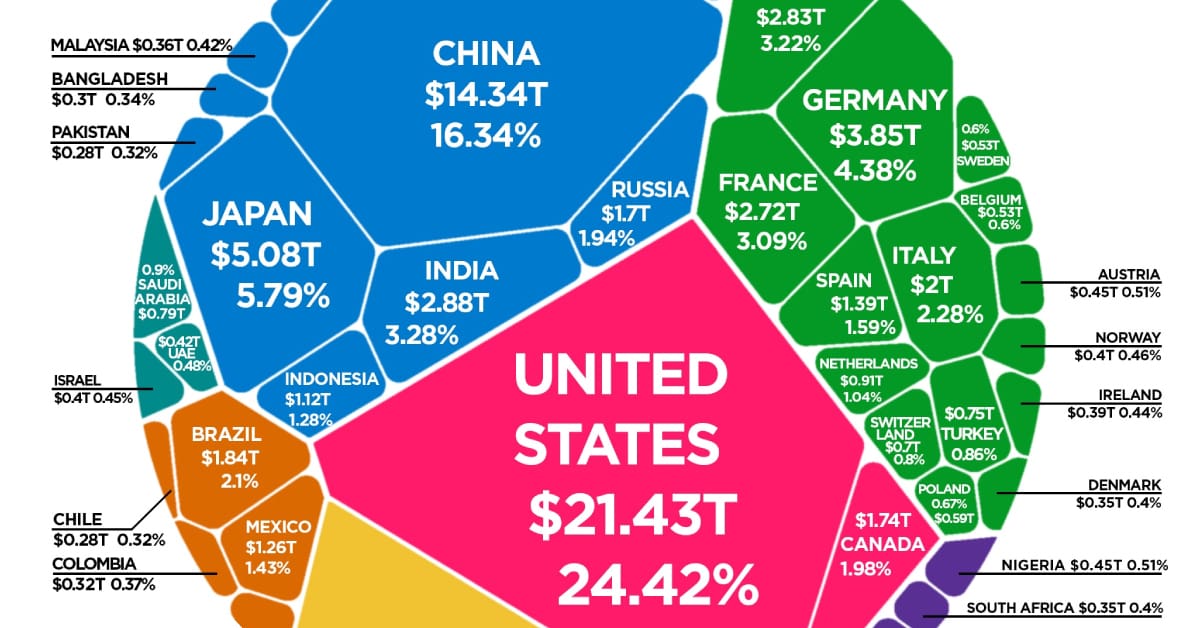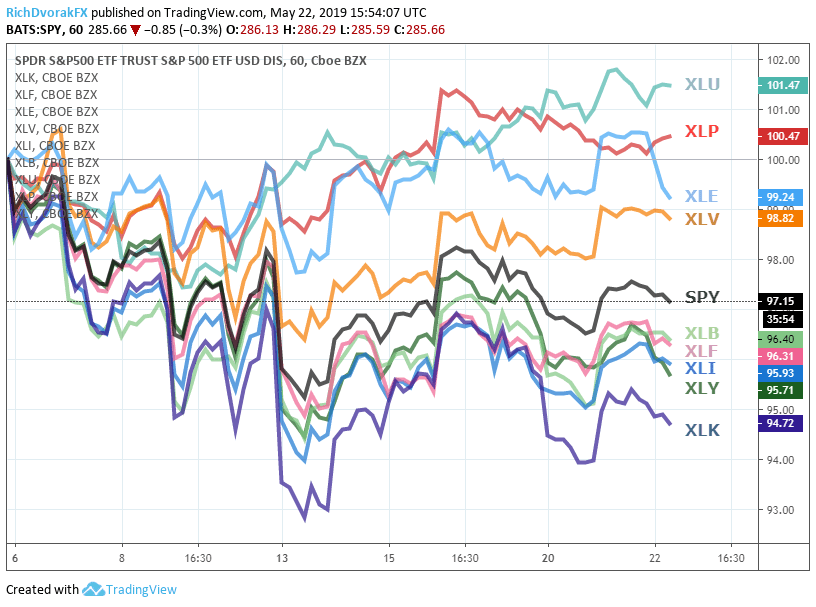Business
Are Credit Ratings and Wealth Distribution Key Indicators of a Nation’s Financial Health?


In the pursuit of understanding a nation’s financial health, the assessment of credit ratings and wealth distribution has become increasingly significant. These indicators offer valuable insights into the economic stability and overall well-being of a country.
Credit ratings reflect the ability of a nation to meet its debt obligations, while wealth distribution sheds light on the equitable distribution of resources among its citizens. However, the correlation between these indicators and a nation’s financial health is complex and multifaceted, raising questions about their reliability and broader implications.
As we navigate through the intricacies of these indicators, it becomes apparent that their influence extends beyond mere numbers, encompassing social and political dimensions that warrant exploration.
Key Takeaways
- Credit ratings are important indicators of a nation’s financial health as they assess creditworthiness and can affect borrowing costs for the government and businesses.
- Persistent and large fiscal deficits can lead to downward pressure on credit ratings, highlighting the need to address these deficits for maintaining a favorable credit rating.
- The savings rate is a crucial factor in determining economic growth and investment, with a high savings rate leading to increased investment and stability, while a low savings rate can result in reliance on borrowing and economic instability.
- The health of the banking sector is essential for financial stability and economic growth, and monitoring factors such as capital adequacy, asset quality, and liquidity is crucial for assessing banking sector health. Monetary policy also plays a role in influencing the banking sector’s ability to lend and the overall economy.
Credit Ratings and Fiscal Deficit
The relationship between credit ratings and fiscal deficit is a critical factor in assessing a country’s financial stability and creditworthiness. Credit ratings agencies, such as Standard & Poor’s, Moody’s, and Fitch Ratings, evaluate a nation’s creditworthiness based on various factors, including its fiscal deficit. A high fiscal deficit relative to the gross domestic product (GDP) can signal a higher risk of default on sovereign debt, leading to a downgrade in credit ratings. This, in turn, can increase borrowing costs for the government and businesses, impacting economic growth and wealth distribution.
Data analysis reveals a correlation between higher fiscal deficits and lower credit ratings. For example, countries with persistent and large fiscal deficits, such as those exceeding 3-4% of GDP, often experience downward pressure on their credit ratings. This can limit their ability to attract foreign investment and could lead to wealth inequality within the country.


Therefore, addressing fiscal deficits is crucial for maintaining a favorable credit rating, which is essential for economic stability and equitable wealth distribution. Policymakers must focus on prudent fiscal management to ensure sustainable economic growth and the well-being of their citizens.
Savings Rate and Investment Flows
Correlating with a nation’s economic stability, the savings rate and investment flows play a pivotal role in shaping its long-term growth prospects and financial health. The savings rate indicates the portion of income that households, businesses, and the government save rather than spend. A high savings rate can lead to increased investment, which can stimulate economic growth and stability. Conversely, a low savings rate can lead to a reliance on borrowing, potentially resulting in economic instability.
Investment flows, both domestic and foreign, are crucial for financing projects, creating jobs, and driving innovation. They are indicative of investor confidence and can significantly impact a nation’s economic trajectory. Analyzing the savings rate and investment flows provides valuable insights into a country’s economic resilience, its ability to fund future growth, and its attractiveness to investors.
Banking Sector Health and Monetary Policy
Analyzing the stability and performance of the banking sector and its interactions with monetary policy is essential for understanding a nation’s financial system and its impact on the broader economy. The health of the banking sector is a crucial determinant of financial stability. A well-functioning banking sector facilitates efficient allocation of capital, which is vital for economic growth. It also plays a pivotal role in the transmission of monetary policy.
Central banks utilize various tools such as interest rate adjustments and open market operations to influence the money supply and credit conditions, thereby affecting the banking sector’s ability to lend and the overall financial environment.


Monitoring key indicators such as bank capital adequacy, asset quality, and liquidity is essential for assessing the banking sector’s health. Additionally, understanding the effectiveness of monetary policy in influencing the behavior of banks and financial institutions is critical for gauging its impact on the broader economy.
Trade Agreements and Financial Literacy
Trade agreements play a significant role in shaping the financial landscape of nations, impacting various aspects of economic activity, including the need for improved financial literacy among individuals and businesses. As nations engage in trade agreements, it is essential for both individuals and businesses to understand the financial implications and opportunities that arise. Here are four key points to consider:
- Market Access and Opportunities: Trade agreements can open up new markets for businesses, providing opportunities for growth and expansion. With increased market access, businesses need to be financially literate to navigate international trade, understand foreign exchange risks, and make informed investment decisions.
- Impact on Consumer Choices: Trade agreements can influence the availability and affordability of goods and services for consumers. Financially literate individuals can make informed decisions about spending, savings, and investments, considering the potential changes in prices and product availability resulting from trade agreements.
- Financial Education Programs: Governments and organizations may need to invest in financial education programs to ensure that individuals have the necessary knowledge and skills to make sound financial decisions in the context of evolving trade agreements.
- Regulatory Compliance: As trade agreements often come with regulatory requirements, businesses must have a strong understanding of financial regulations to ensure compliance and avoid potential penalties or disruptions to operations.
Poverty Index and Wealth Distribution
The examination of poverty indices and wealth distribution provides crucial insights into the socioeconomic dynamics of a given population, shedding light on disparities and opportunities for economic advancement. A comprehensive understanding of the poverty index allows for a nuanced assessment of the financial health of a nation. By analyzing the distribution of wealth across different segments of the population, one can identify patterns of inequality and gauge the effectiveness of economic policies in promoting equitable prosperity.
Data on poverty indices and wealth distribution are instrumental in evaluating the inclusivity of economic growth and identifying marginalized communities that require targeted interventions. Moreover, these metrics serve as key indicators of social stability and can inform policies aimed at poverty alleviation and wealth redistribution. By scrutinizing wealth distribution, policymakers gain valuable insights into the effectiveness of measures designed to ensure equal opportunities for wealth accumulation and financial security.
In essence, the examination of poverty indices and wealth distribution is indispensable for crafting policies that foster an environment where all individuals have the freedom to pursue economic prosperity and contribute meaningfully to the nation’s financial health.


Frequently Asked Questions
How Do Credit Ratings and Wealth Distribution Impact a Nation’s Overall Economic Stability and Growth Potential?
Wealth distribution and credit ratings significantly impact a nation’s economic stability and growth potential. Unequal distribution can lead to social unrest, while credit ratings affect borrowing costs and investment attractiveness, both pivotal to economic health and growth.
What Are the Key Factors That Contribute to a Nation’s Credit Rating and How Does It Affect the Overall Wealth Distribution?
Key factors affecting a nation’s credit rating include its fiscal discipline, economic stability, and debt levels. A higher credit rating can attract investment and contribute to wealth distribution, while a lower rating may hinder access to affordable credit, impacting overall wealth distribution.
Can Changes in a Nation’s Savings Rate and Investment Flows Directly Impact Its Credit Rating and Wealth Distribution?
Changes in a nation’s savings rate and investment flows can directly impact its credit rating and wealth distribution. These factors reflect economic stability, influencing a nation’s financial health and the well-being of its citizens.
How Does the Health of a Nation’s Banking Sector and the Implementation of Monetary Policy Influence Its Credit Rating and Wealth Distribution?
The health of a nation’s banking sector and the effectiveness of its monetary policy can significantly impact credit ratings and wealth distribution. Sound banking practices and prudent monetary policy contribute to stability and equitable wealth distribution.
What Role Do Trade Agreements and Financial Literacy Play in Shaping a Nation’s Credit Rating and Wealth Distribution?
Trade agreements and financial literacy significantly influence a nation’s credit rating and wealth distribution. Effective trade deals boost economic growth, impacting creditworthiness. Financial literacy empowers citizens to make informed financial decisions, potentially reducing wealth disparities and improving overall financial health.




Hi, I’m Kyle Rivera, a news journalist and blog editor with the Daily Evening News. A TCU alum with a flair for storytelling, I spend my days uncovering impactful stories and my evenings exploring the realms of yoga, cycling, and whimsically bad poetry.
Travel is my escape; I’ve trekked from Tokyo’s neon lights to Iceland’s tranquil vistas. But no journey is complete without Mogli, my Golden Retriever, who’s redefining his breed standards in the most charming ways.
I love connecting with fellow travelers, yogis, cyclists, and anyone who enjoys a laugh at my poetic attempts. If you’re into stories that inspire, travel escapades, or just want to see what Mogli and I are up to, I’d love to hear from you on Instagram or Facebook. Let’s share tales and tips from around the globe!

